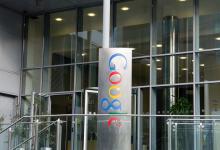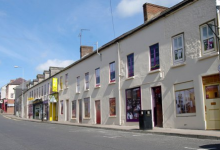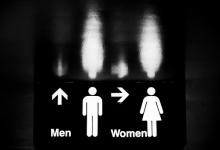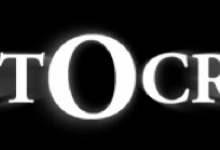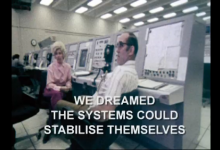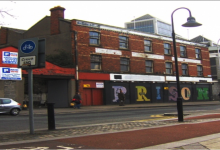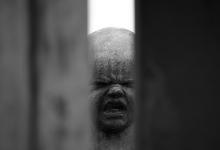Debunking the myths of Irish capitalism
There is no alternative. We must rely on foreign direct investments and on the private sector to create jobs. Private is more 'efficient' than public. An entrepreneurial spirit will drive economic growth. These are just some of the mantras that we are exposed to on a daily basis from economic commentators, whom our mainstream media promote as 'experts'. They have a monopoly over our airwaves and newspapers, and use it to espouse their ideas as if they were common sense facts that are irrefutable.

